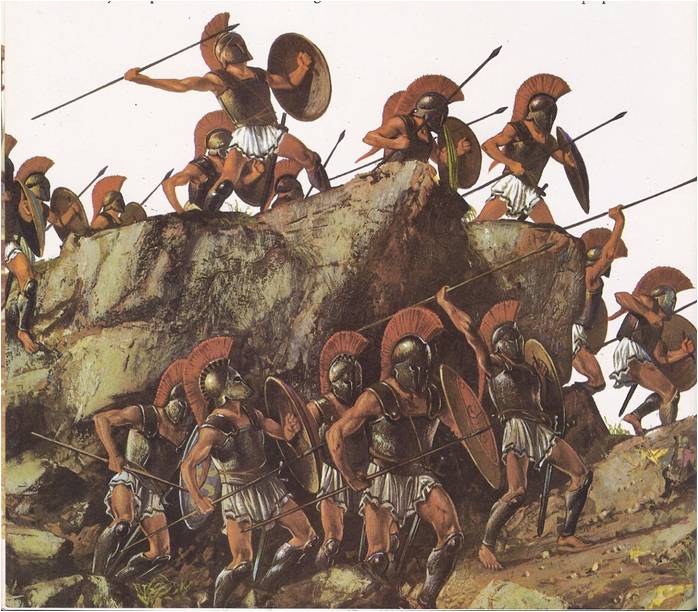About 425 B. C., a lonely man, in a country that was not his own, sat down to write the story of a war that had begun six years before. Thucydides, an Athenian, had fought in the war’s first battles. He had been a general, in command of thousands of his city’s troops. Then he was ordered to go to the aid of another commander whose men were outnumbered. When he arrived, the battle had already been fought and lost. It was not his fault but the people of Athens were too anxious about the war to consider that. They …
Read More »